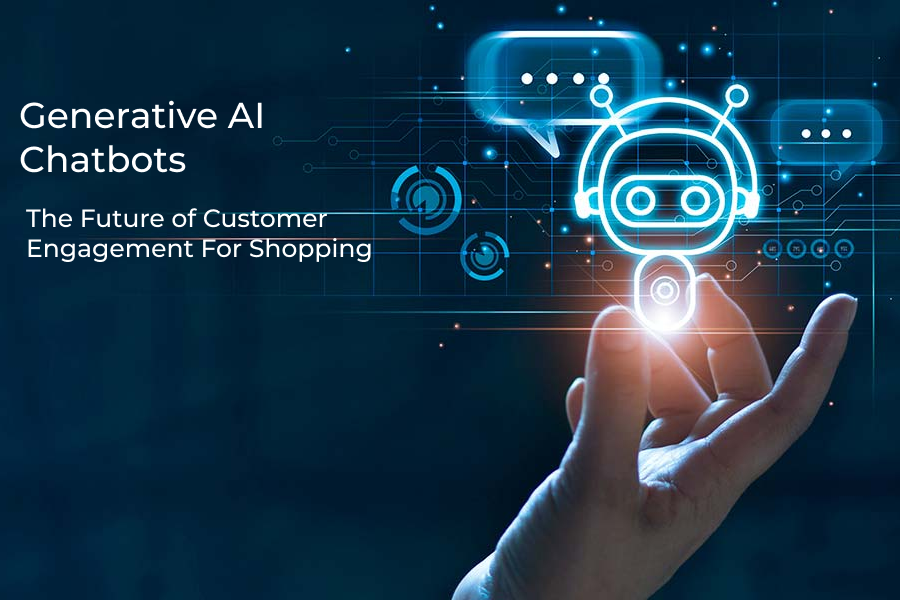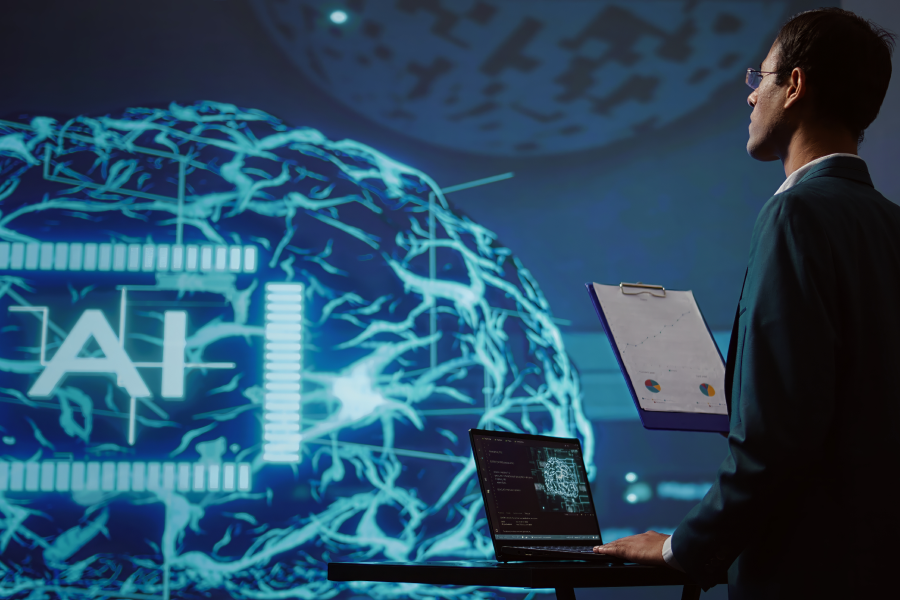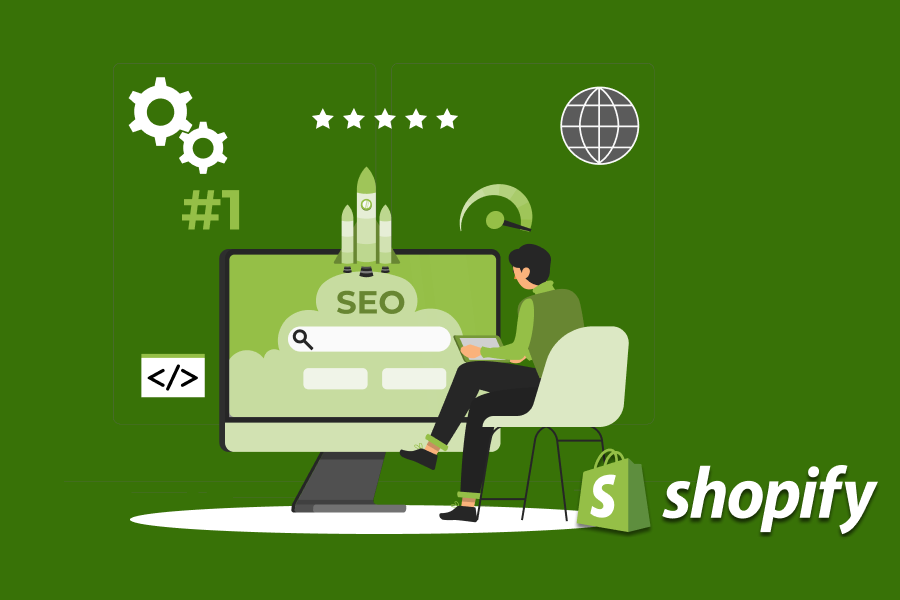Automation is the buzzword today and it could get quite easy to confuse yourself with AI-based marketing and marketing automation, as both, in a broad sense, mean similar things. However, there is a key distinction that separates the two. Automation would mean automating a particular task to act on a certain command. The best example of this would be a self-ignition button.
AI would come into the category of a behavior that is based on human intelligence and is designed to replicate human behavior. Let us specifically look at the differences between the two in a marketing sense.
Process automation
A marketer could find himself or herself engaging in redundant tasks, consuming a majority of their day. Process automation has reduced the redundancy by automation a lot of the tasks. For example- you don’t have to manually send an email to each individual person but can simply select from your email list and draft out an email. In the same way, automation creates segmentation and demographic-based campaigns which includes analytics, data reporting, and consolidation.
Where in the case of automation, you would require a human to manually configure the algorithms required, in the case of AI, the machine, on the back of sophisticated algorithms is mimicking that responsibility which earlier performed by the human. Because the algorithms have the ability to look at multiple scenarios, it reduces the risk of human error and brings a huge level of accuracy almost at every individual level.
Campaigns and Analysing the campaigns
In the case of marketing automation, you manually set up a campaign based on certain patterns that you are able to detect and then deploy the campaign. On the basis of you’re A/B testing, you are then able to form conclusions around customer behavior, the new trends defining the market segment and the kind of target audience you should be looking at.
In the case of AI-based marketing, you are looking at enhancing the quality of the campaigns you are creating. Through AI-based marketing, you are allowing marketers to look at patterns that might not be visible to the manual eye in real time and create more targeted campaigns by showing up the right product at the right time.
Audience Targeting
In the case of audience targeting, you are subject to the rules that you have manually fed and the results are based on the manual configuration of those rules.
In the case of AI-based marketing, you are in a way, redefining the rules because it is automation at a micro level. Machine learning allows you to look at targeting at an individual level and takes into consideration all the historical data to arrive at a possible conclusion(s).
Benefits of Speed and Accuracy
Marketing automation is focused more on speed. When you are looking to run a campaign or looking to create demographic segments, the creation of these categories allows you to quickly plug in your data into these areas. Because you are creating generic rules that apply to your specific work, it is easier to get work done, as automation works on recognizing set patterns and making work faster according to those set patterns.
When we talk about AI-based marketing, it holds the promise of accuracy. The algorithms are dynamic and are constantly evolving. This implies that the algorithms will constantly devise new patterns and new algorithms, which has the capacity to take in a lot more data which in turn increases the accuracy of your campaigns. This can also be used for identifying your target audience, as the results are more focused and have a higher accuracy rate, thus resulting in better results.
Final Takeaway
There is no doubt that automation has made the lives of many marketers easier when it comes to analytics and running campaigns. AI-based automation is an extension of automation as we know it and promises the kind of accuracy that we have never seen before. This accuracy has made it possible for many companies to plan more targeted campaigns, define their target audience much better, expand their reach and yet be accurate and at the same time, provide results like never seen before. It won’t be surprising before AI-based marketing automation becomes the backbone of many automation processes.

 Web and Full Stack
Web and Full Stack CMS and Frameworks
CMS and Frameworks Online Marketing
Online Marketing Cloud Services
Cloud Services ECommerce
ECommerce Mobile
Mobile



